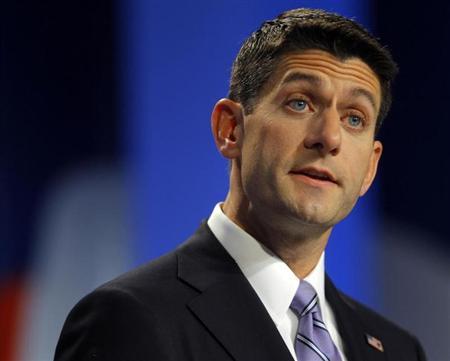The cuts are becoming more pronounced now. The mandatory budget cuts are kicking in and the public is starting to feel the impact. Perhaps the most visible example are the flight delays:
WASHINGTON (CNNMoney)Air travelers headed into New York’s LaGuardia Airport were facing two hour delays on Tuesday morning. By Tuesday afternoon La Guardia’s delays had improved by as much as an hour for some flights.
With fewer air traffic controllers showing up to work, the government has warned of problems at several large airports including those in the New York area, Los Angeles, Dallas-Ft. Worth and Las Vegas. The Department of Transportation warned that those airports are facing “staffing challenges” on Tuesday.
However, Sequestration not impacts the public, it impacts the folks being furloughed. And the other day, Reuters had a story on just such events:
(Reuters) – The government’s effort at cutting spending across the board is hurting a population once considered among the most financially stable – dual income families where both partners are government employees.
Starting on Monday, employees at agencies such as the Federal Aviation Administration and the Office of Management and Budget will be required to take unpaid days off – a consequence of the U.S. government’s sequestration budget cuts. These forced furloughs come on top of the first round of cuts that began on March 1, and they will reduce some workers pay by as much as 12 percent a month.
Twelve percent is a sizable amount, to be sure. And it’s ballpark correct. I mean, if folks are being given 1 day off every other week, that’s 2 days a month, maybe a little more over time. And with about 4 weeks per month, that comes to about 20 working days per month, add 1 for love and ya get 21. 2 out of 21 is about 10%, a little less. So yeah, maybe 12% is high, but not by much.
However, the specific example cited by Reuters struck me as strange:
The cuts, which include decreased work hours for federal employees, hiring and pay freezes and layoffs, hit hard couples like Laurie and Jack Swensen, FAA employees in Kansas City, Missouri. When they both start furloughs next week, the couple will earn $1,900 less every month. The cuts come just as they were making moves to buy a house, said Laurie Swensen.
So, if the Swensens are among the hardest hit, taking 12% of their salary, that means they normally bring home $15,833. A MONTH! That’s an annual take home of $190,000. I’m not sure that using a couple in the top 5% of American take home pay is the subject for such sorrow.
But it continues:
With six family members, including their eldest son and his pregnant wife, living in a two-bedroom rental home, the Swensens were eager to move. But the furloughs and subsequent pay freezes have forced the family to reconsider.
We have 4, FOUR, working age adults living in a single 2-bedroom home. We know that the two parents bring home near 200k a year and who knows how much the kids make. And we’re somehow supposed to feel a tug?
At least I’m not the only one who noticed, the article is getting hammered in the comments.





